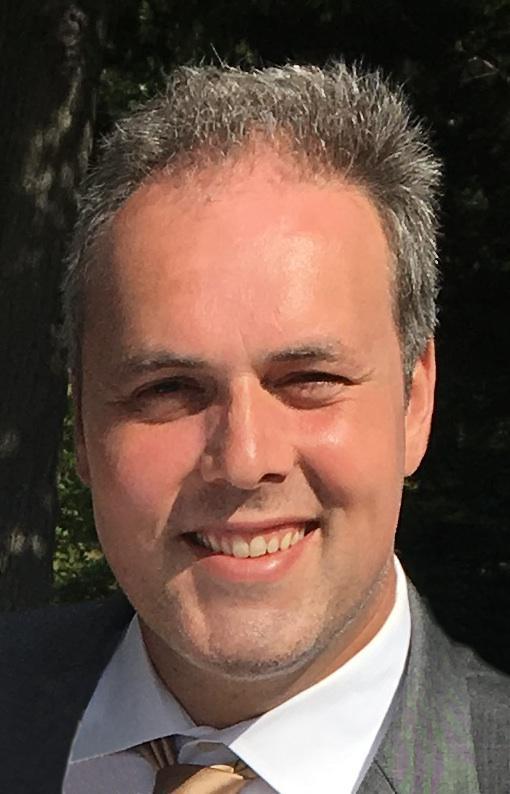Inan to Attend China-America Frontiers of Engineering Symposium
Jan 18, 2019 — Atlanta, GA

Omer Inan
Omer T. Inan has been invited to attend the 2019 China-America Frontiers of Engineering Symposium, to be held June 20-22 in San Diego, California. Inan is an associate professor in the Georgia Tech School of Electrical and Computer Engineering (ECE).
This symposium will be hosted by Qualcomm and is organized by the National Academy of Engineering (NAE) and the Chinese Academy of Engineering. Inan is among 60 early-career engineers from Chinese and United States universities, industry, and government who have been chosen to participate. The symposium will cover four topics – smart cities, new materials, neuroengineering, and 5G wireless communications technology. Each participant will be asked to present a poster describing his/her research or technical work.
Inan has been on the ECE faculty since 2013. He is a member of the Parker H. Petit Institute for Bioengineering and Bioscience, and he is a program faculty member for the Interdisciplinary Bioengineering Graduate Program. Inan’s most recent honors include the IEEE Sensors Council Young Professional Award (w2018), ONR Young Investigator Award (2018), NSF CAREER Award (2018), ECE Outstanding Junior Faculty Member Award (2018), the Georgia Tech Sigma Xi Young Faculty Award (2017), and the Lockheed Dean’s Excellence in Teaching Award (2016). He is also a senior member of IEEE.
Since 1995, NAE has held an annual U.S. Frontiers of Engineering Symposium that brings together 100 highly accomplished early-career engineers from U.S. universities, companies, and government to discuss leading-edge research and technical work across a range of engineering fields. Convening engineers from disparate fields and challenging them to think about developments and problems at the frontiers of areas different from their own can lead to a variety of desirable results. These include collaborative work, the transfer of new techniques and approaches across fields, and establishment of contacts among the next generation of leaders in engineering.
The Frontiers program has expanded to include bilateral meetings with Germany, Japan, India, China, and the EU. The objectives for the bilateral meetings are similar to those for the U.S. Frontiers of Engineering with the added element of facilitating international cooperation and understanding. In general, the international FOEs are held biennially, with the location alternating between countries. To learn more about this program, visit the Frontiers website at www.naefrontiers.org.
Jackie Nemeth
School of Electrical and Computer Engineering
404-894-2906




